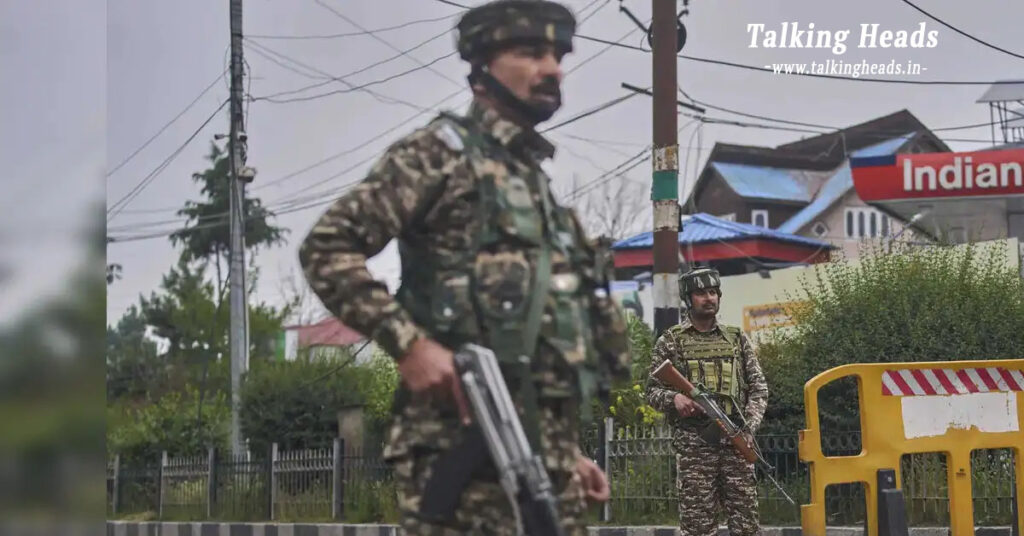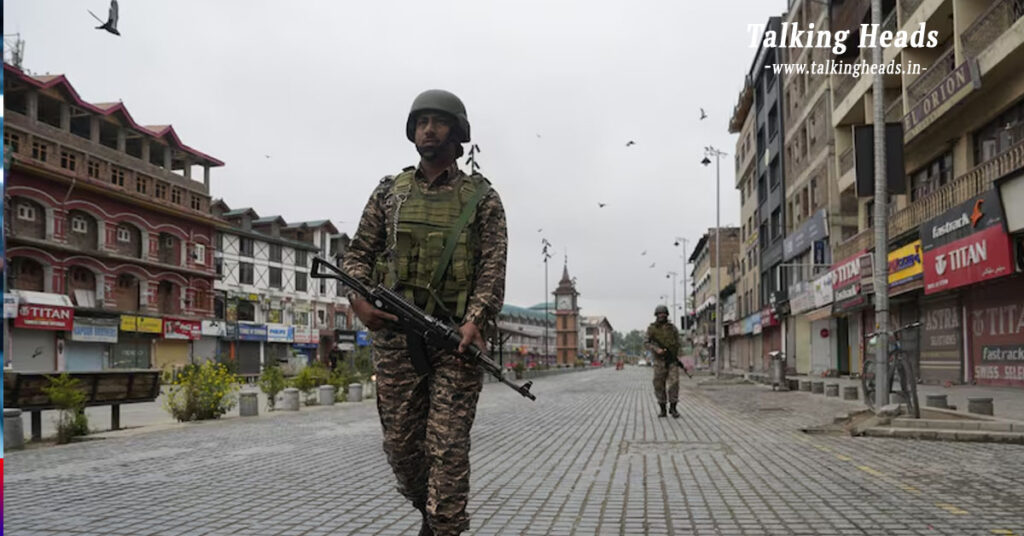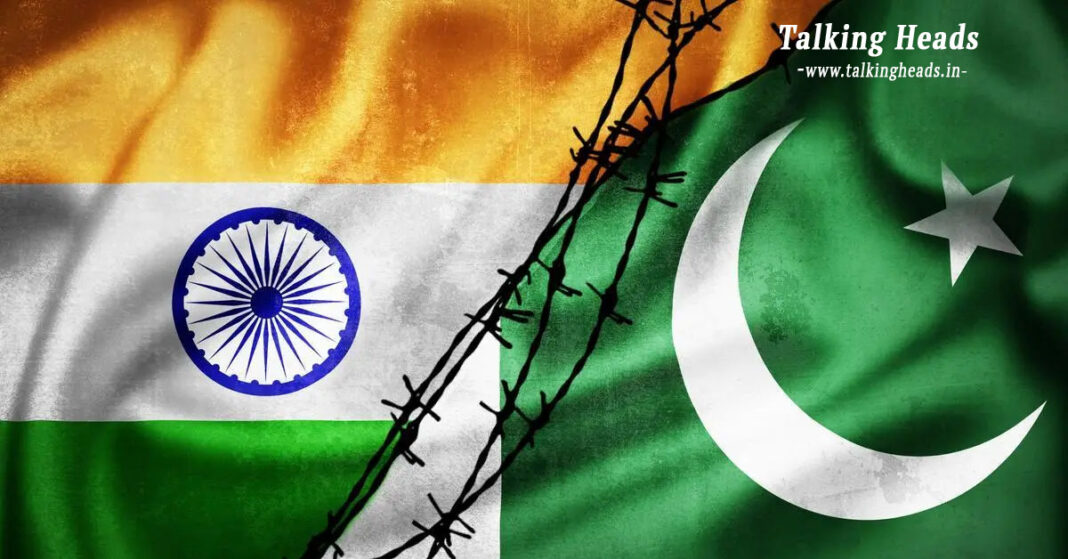Global Media Responds to India-Pakistan Ceasefire Amid High Tensions in Kashmir
India-Pakistan Ceasefire: Following a deadly militant attack in Pahalgam, Jammu and Kashmir, on April 22, tensions between India and Pakistan escalated dramatically. Just days later, both countries announced a ceasefire on Saturday. This development has drawn significant global media attention, highlighting the fragility of peace efforts in the region.
Table of Contents
India-Pakistan Ceasefire: U.S. Media Highlights Trump’s Role in Mediating Ceasefire
American outlets such as The New York Times and The Washington Post covered the story extensively. “Despite the ceasefire, reports of continued shelling emerged just hours after the announcement,” the report noted.
The newspaper emphasized former President Donald Trump’s surprise declaration of the ceasefire via social media, claiming that U.S. mediation played a critical role. However, only Pakistan officially acknowledged America’s involvement, while Indian authorities remained silent on Washington’s role in the agreement.

The Washington Post framed the ceasefire as a strategic pause in escalating hostilities. Over the next three days, both sides launched retaliatory strikes, pushing the region to the brink of open conflict.
UK Media Warn of Near-War Scenario Between India and Pakistan
British news sources also weighed in. The Financial Times described the confrontation as the most intense between India and Pakistan since the clashes in 2016 and 2019, which were largely limited to border skirmishes. “This time, the escalation included attacks on aerial targets and the use of drones,” the paper reported.

The Telegraph went further, warning that the nuclear-armed neighbors were dangerously close to full-scale war. “The difference now is stark — both nations possess nuclear capabilities,” the report cautioned. The Telegraph also noted that Indian airstrikes targeted three Pakistani airbases, prompting immediate retaliatory action from Pakistani jets.
Arab Media Emphasize U.S. Role and Civilian Fears
Arab outlets, including Arab News and Khaleej Times, focused on the ceasefire’s impact on civilians and international mediation. Arab News reported that the ceasefire announcement—surprisingly made by Donald Trump—was followed by mutual accusations of ceasefire violations, revealing the deep mistrust between the two countries.
According to the Khaleej Times, Indian expatriates in Dubai expressed relief at the ceasefire. Siddharth Gupta, a finance professional, stated, “It felt like a weight was lifted off my chest. I hope the situation stabilizes.” On the other side of the border, Manzoor Khan from Pakistan-administered Kashmir said, “We no longer hear gunfire. It’s a huge relief for our families.”
South Asian Media Raise Concerns Over Nuclear Escalation and Diplomatic Fallout
South Asian newspapers underscored the seriousness of the situation. Bangladesh’s The Daily Star described the conflict as the most intense in decades. “There was a genuine threat of nuclear war,” the article said, referencing statements from the Pakistani military about convening a top-level nuclear command meeting.
In a separate opinion piece, Nobel Laureate Muhammad Yunus commended both countries for reaching a ceasefire and thanked Donald Trump for mediating the deal. His comments reflect the broader hope across the region that diplomacy will prevail over war.
Nepal’s Kathmandu Post quoted Shuja Nawaz, a fellow at the Atlantic Council’s South Asia Center, who said that in the coming days, the Indus Waters Treaty would likely become a focal point in discussions. “This agreement gives both governments a chance to claim diplomatic victories,” Nawaz added.
Ceasefire Offers Hope but Highlights Fragile Peace
The ceasefire between India and Pakistan, though a welcome step, remains tenuous. With continued allegations of violations and deep-seated mistrust, sustained peace will require consistent diplomatic engagement and international oversight. Global media coverage reflects both the seriousness of the escalation and the cautious optimism that diplomacy may avert another South Asian war.










